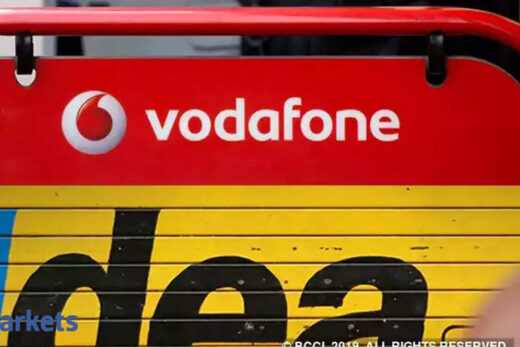When one buys or sells shares, they have to carry out the transaction through a broker. There are various costs involved in such transactions and it is important to understand the same to arrive at the real cost of purchasing or selling
Brokerage
This is the charge levied by the stock broker for transactions carried out by the investor based on the value of the contract or at a flat rate as agreed between the parties.
Securities transaction tax
This is a mandatory charge levied as a percentage. STT rate is 0.1% of the transaction value for delivery based equity share trades.
Stamp duty and GST
Stamp duty is charged by the state government as the transaction involves transfer of security from one party to another. GST (Central and state GST) is levied as a percentage of the brokerage charged for the transaction. Currently the rate is 9% CGST and 9% SGST.
Transaction charges
The stock exchange levies transaction charges for buying and selling of shares at the rate decided by the respective stock exchange. SEBI charges a turnover fee of 0.0002% of the transaction amount.
Depository participant
These charges are levied by the depository participant (NSDL/CDSL) for safe keeping of the securities of the investor.
Capital gains
Depending upon holding period, tax is applicable on the profit earned from the sale of shares. Profit on sale of shares held for less than one year is subject to STCG and for one year or more is subject to LTCG tax (above Rs 1 lakh).
Point to note
Since many of the charges above are fixed, one can compare the above charges levied by different brokers before choosing amongst discount brokers or full service brokers.
(Content on this page is courtesy Centre for Investment Education and Learning (CIEL). Contributions by Girija Gadre, Arti Bhargava and Labdhi Mehta.)



